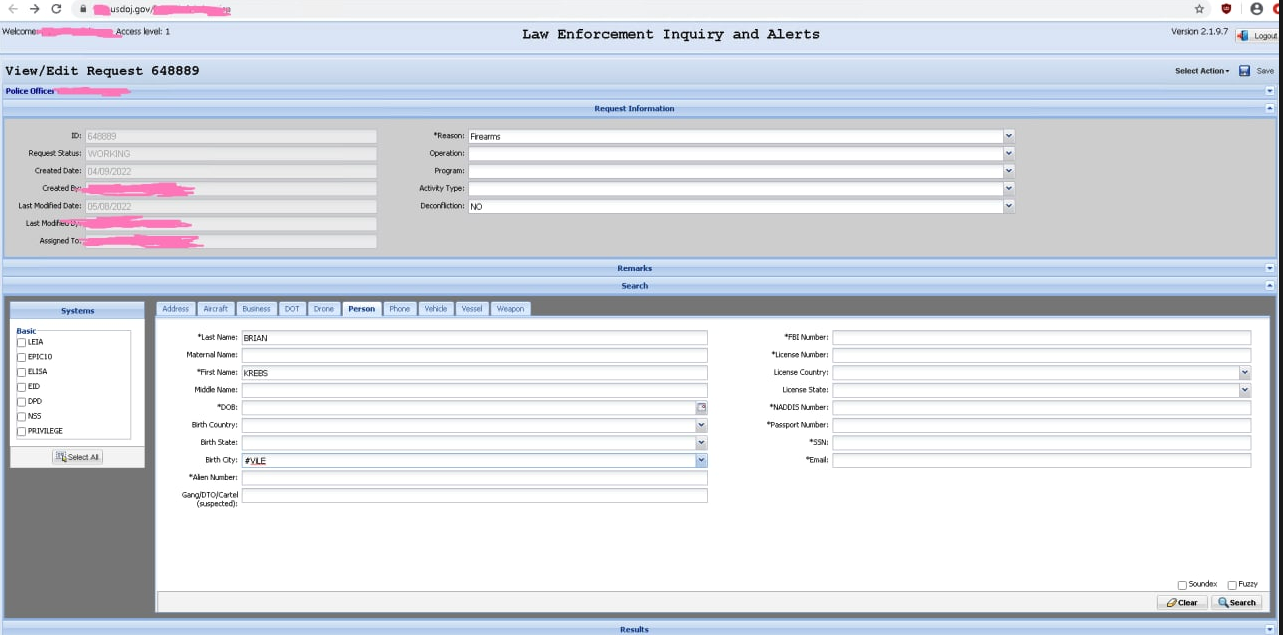North Korean APT targets US healthcare sector with Maui ransomware
Credit to Author: Jovi Umawing| Date: Sun, 10 Jul 2022 21:43:29 +0000
CISA warns of an unusual ransomware.
The post North Korean APT targets US healthcare sector with Maui ransomware appeared first on Malwarebytes Labs.
Read more